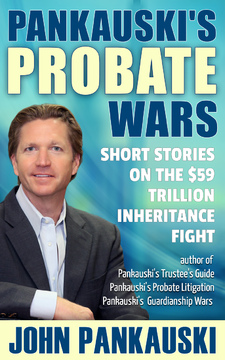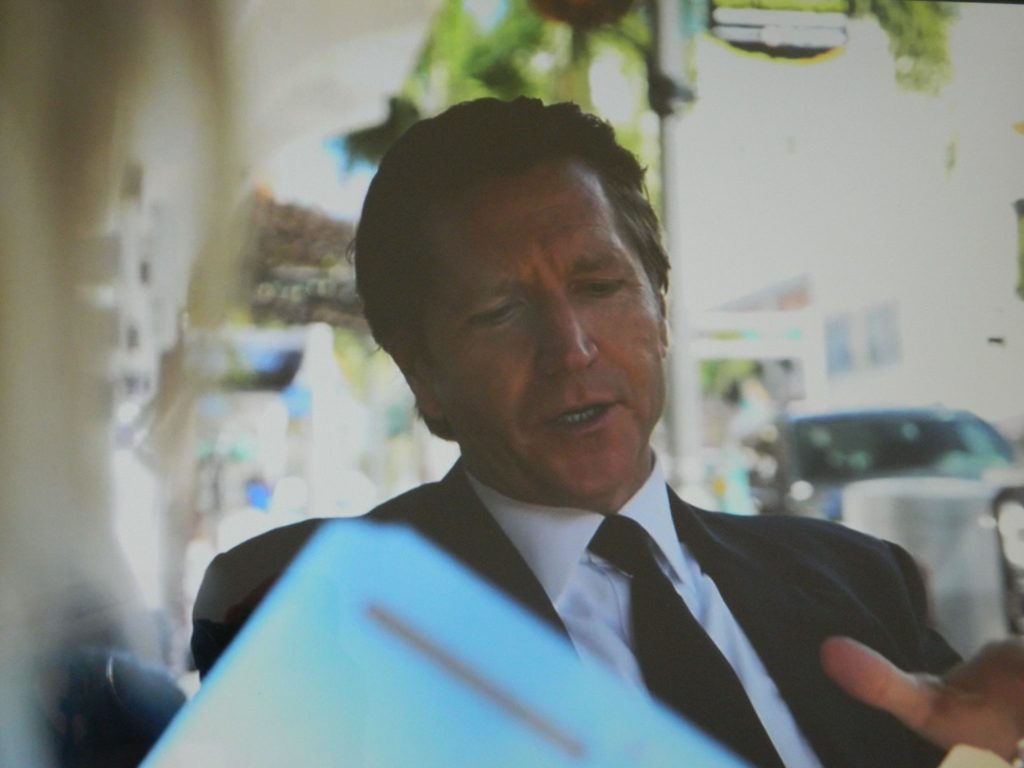Florida Will Contests: Can Prior Beneficiaries Sue to Revoke Probate?

Are you thinking about contesting a Florida will? Whether you can file Florida Will Contests may depend on whether or not you were in a prior will. If you were cut out by a later will, understand how to object to the will. For more on “legal standing” or the ability to object, read on. Need a contingency fee probate litigator?

Contesting a Florida Will
If you are looking to contest a will in Miami or Fort Lauderdale, you should consider consulting with a Florida probate litigator. Florida probate lawyers, like the lawyers at Pankauski Lazarus, can evaluate your matter to determine whether or not there are facts that may lead to a successful will contest. Both Florida estate planning attorneys and trust litigators know that there are many reasons a will may be contested. One of the main reasons a Florida will could be challenged is if the testator, the person who signed the will, did not have “testamentary capacity” to sign a will in Florida. According to Florida law, what is “testamentary capacity”?
Testamentary Capacity, Competency and Florida Will Contests
If a will was signed with the signer did not have “capacity”, the will is void. Put another way, if the will-signer was not competent, then the will needs to be objected to, to overturn it. Failure to object timely means an otherwise invalid will may be admitted to probate.
There are four main components to show testamentary capacity (sometimes called “sufficient mental capacity”) in Florida:
- understanding that he or she is creating a distribution of his or her property after death,
- knowing the nature and extent of his or her property,
- knowing the named heirs and members of his or her family
- understanding in a reasonable manner the general nature and effect of the act of signing the will.
If you believe that a person, who did not have testamentary capacity, changed his or her will, you may have a strong will contest case in Florida. However, do you even have standing to contest the Florida will? You may want to read a November 16, 2011 Fourth DCA opinion, Agee v. Brown.
Appellate Court Opinion
In this Florida inheritance case, Jon and Susan Agee filed a petition to revoke probate of a prior will. Jon was the the attorney who drafted this prior will, and Susan is Jon’s wife. Both Jon and Susan were named beneficiaries in the will that Jon had drafted.
The trial court found that the prior will, upon which the Agees based their standing, was void. However, the Agees appealed the trial court’s order dismissing their petition to revoke probate of the prior will based on a lack of standing.
As the basis for their standing, the Agees alleged that they were the beneficiaries under a line of testamentary instruments beginning in 1998 and culminating with a will executed in 2007.
Pursuant to the Florida Probate Code, “any interested person, including a beneficiary under a prior will, unless barred under s. 733.212 or s. 733.2123, may commence a proceeding to revoke the probate of a will before final discharge of the personal representative.” An “interested person” is defined as “any person who may reasonably be expected to be affected by the outcome of the particular proceeding involved.”
The Florida appellate court concluded that the Agees, as named beneficiaries under the 2007 will, had standing to petition to revoke probate of the 2009 will. The fact that the bequest to the Agees might ultimately be found to have been procured by undue influence, and therefore void, does not change the Agees’ status as interested persons with standing to challenge the 2009 will.
If you are interested in contesting a Florida will, or involved in Palm Beach litigation regarding standing, you should consult with an inheritance lawyer whose practice focuses on probate litigation and appeals. To interview a Florida will contest attorney, free of charge, call (561)514-0900 ext.101.